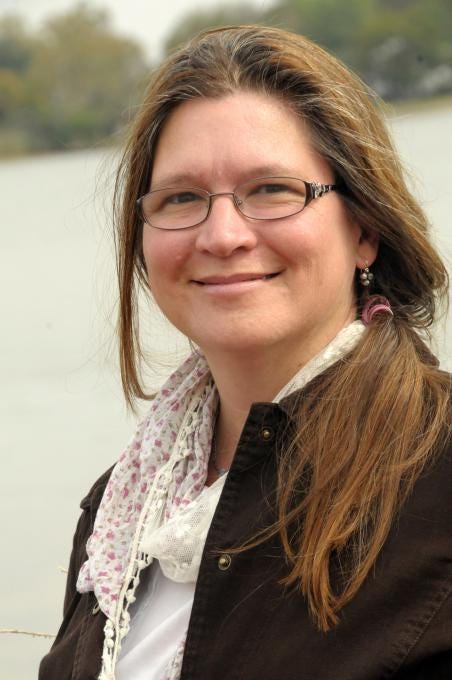In the days leading up to January 6, 2020, President Donald Trump tried everything he could think of to persuade Vice President Mike Pence that Pence had the power to toss out electoral ballots during the official Electoral College tally in the Senate. Pence’s own vice-presidential counsel, Greg Jacob, researched the question and concluded, sensibly, that Pence lacked that power. So did Berkeley’s John Yoo, drafter of President George W. Bush’s infamous 2002 “torture memos,” whom Pence’s office asked to look into the matter. But Trump pressed on, along with Rudy Giuliani and Jenna Ellis. Finally, on Jan. 5, Charles Eastman was brought into the White House to pressure Pence. (U.S. District Judge David O. Carter would later call Eastman and Trump’s pre-January 6 plans “a coup in search of a legal theory.”) Eastman’s arguments were laid out in this memo.
On the morning of January 6, Pence’s personal lawyer, Richard Cullen, called a respected former appeals court judge named J. Michael Luttig to ask his opinion. Luttig wrote up his thoughts, which were then incorporated into a letter Pence put out saying he would not dispute state electoral ballots. Suffice it to say that Luttig did not agree with Eastman, who in his youth had been Luttig’s clerk (and who may soon be under indictment).
“The only responsibility and power of the vice president under the Constitution,” Luttig was quoted saying in Pence’s letter,
is to faithfully count the Electoral College as they have been cast… The Constitution does not empower the vice president to alter in any way the votes that have been cast, either by rejecting certain votes or otherwise.
Now we learn that Luttig, in advising Pence, depended at least in part on two Backbencher articles by my friend Holly Brewer, Burke Professor of History at the University of Maryland. (That’s her photograph at the top of this piece.)
We know this because Professor Brewer retweeted a thread about all this Saturday afternoon by way of urging midterm voters not to cast their ballots for election deniers. Here is how Luttig replied:
Professor, your fascinating articles about Jefferson and the election of 1800 are brilliant expositions of the episode. Your historical — and historic — scholarship took its rightful place in political and constitutional history on January 5, 2021, where it will remain forever.
The articles in question, one of which was reprinted by the Washington Monthly, concerned the myth circulated by Eastman and others that Vice President Thomas Jefferson rigged the 1800 presidential vote count in his own favor against John Adams by tossing out electoral ballots. Brewer demonstrated this to be nonsense by, among other things, posting supporting historical documents. You can read these fine pieces here and here.
In other news, click here to read my latest for the New Republic, about the illogic of Republicans insisting that tomorrow’s midterms will be rigged when the GOP is projected to win back the House and maybe the Senate.


